12 Forgotten Jobs Kids Did in the Summer Before Internships Existed
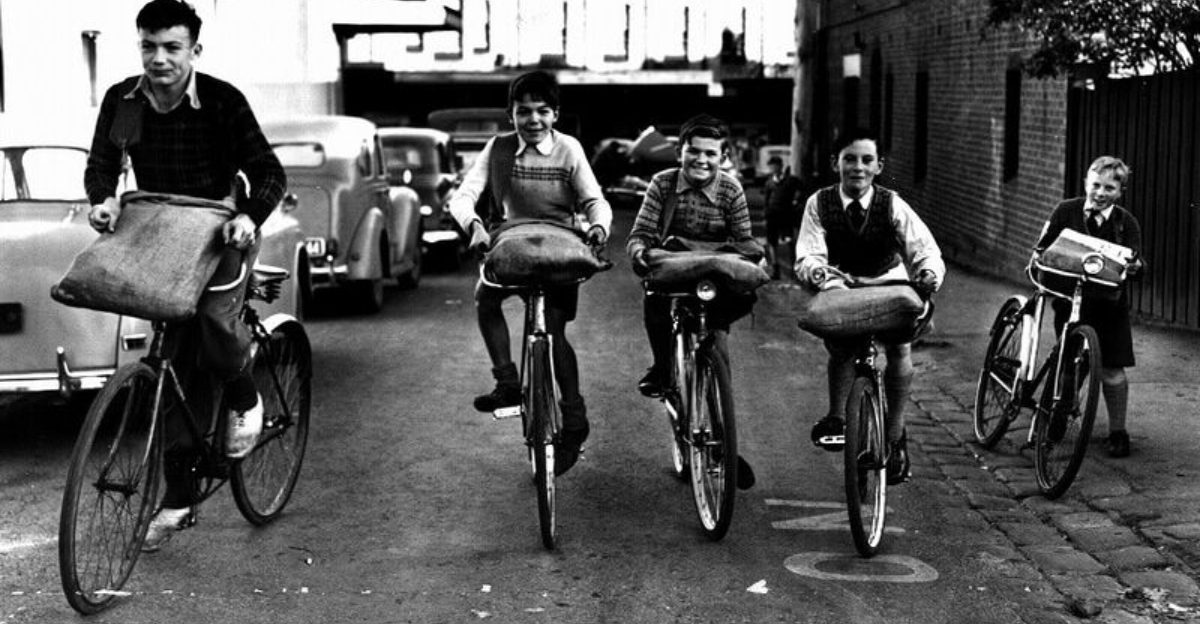
Before structured internships became the norm, summer meant freedom and a chance to earn some pocket money for kids. Young people took on all sorts of odd jobs that have largely faded from today’s landscape.
These forgotten summer gigs not only taught valuable skills but also shaped character in ways that modern resume-building experiences sometimes miss.
1. Soda Jerk
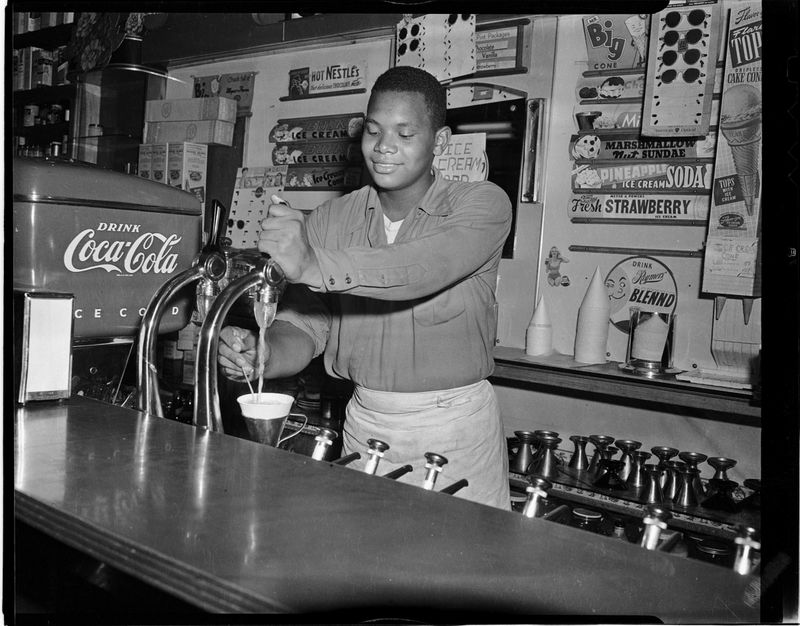
Fountain wizards with quick hands and quicker smiles, soda jerks were the rock stars of local drugstores. They mixed fizzy concoctions while performing tricks with bottles and glasses that would make modern bartenders jealous.
My grandfather was a soda jerk in 1952 and could flip five ice cream scoops into glasses without missing. The position required memorizing dozens of recipes and dealing with the Saturday night rush when everyone came downtown after movies.
2. Pin Setter at Bowling Alleys
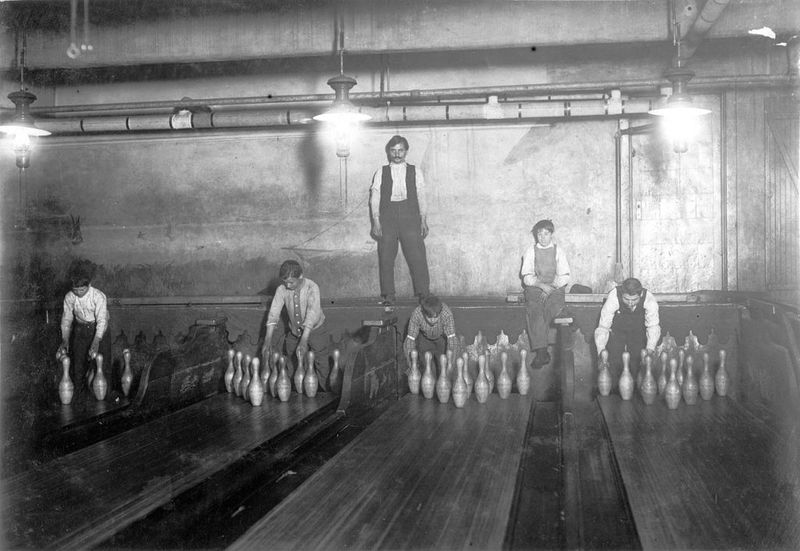
Long before automation, nimble kids scurried behind bowling lanes, manually resetting pins after each throw. Working in the thunderous cacophony of falling pins, these brave souls dodged flying wooden projectiles for pennies per game.
The job demanded lightning reflexes and spatial awareness. Kids would perch on elevated seats, jumping down between frames to clear fallen pins and reset the formation perfectly before the next bowler stepped up.
3. Ice Delivery Assistant
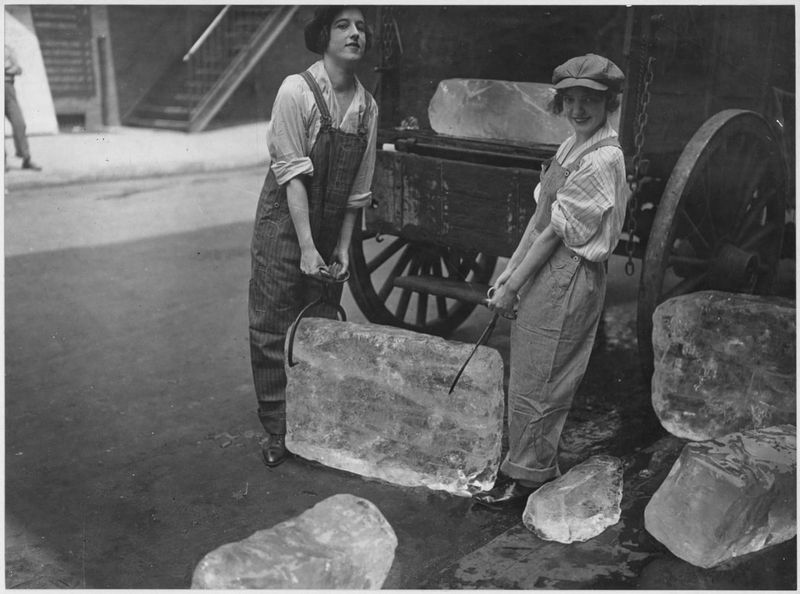
Before electric refrigerators became household staples, ice delivery was essential business. Neighborhood kids earned coins by helping icemen carry heavy blocks from horse-drawn wagons to iceboxes in homes.
I remember my uncle telling stories about stealing ice chips on sweltering August afternoons. The best assistants learned to use massive tongs and could chip blocks to customer specifications.
Some even memorized delivery routes and customer preferences to improve efficiency.
4. Telegram Messenger
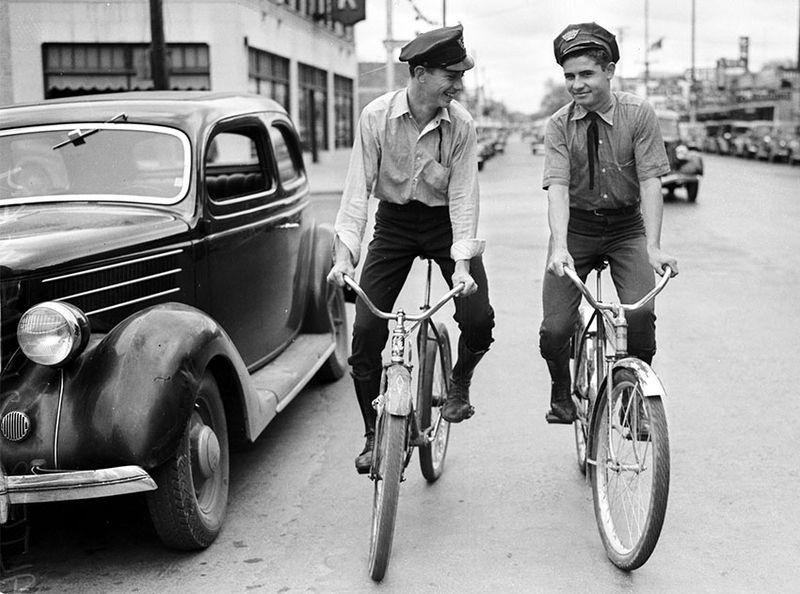
Zipping through neighborhoods on bicycles, telegram messengers delivered important news before telephones became widespread. These kids were the human email system of yesteryear, entrusted with everything from birthday wishes to urgent business matters.
The position required excellent memory for addresses and a sense of urgency. Messengers worked in all weather conditions and were expected to maintain absolute confidentiality about the messages they carried.
5. Coal Scavenger
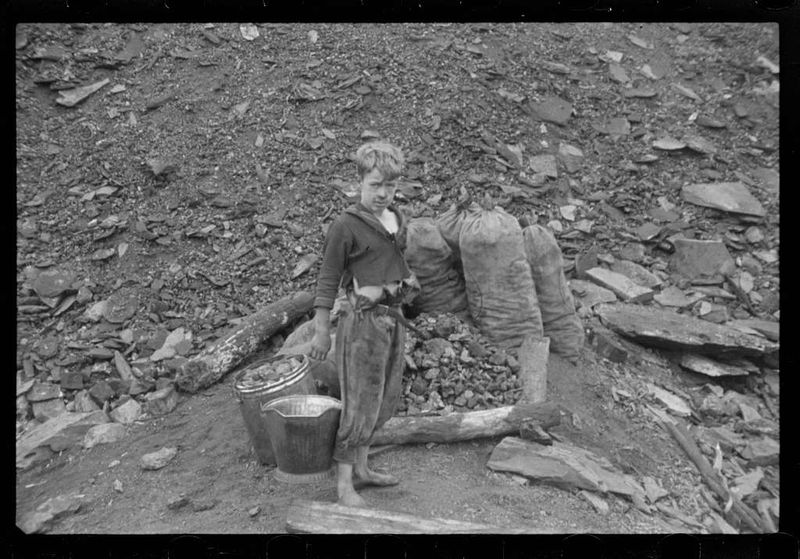
Resourceful children from poorer neighborhoods collected fallen coal along railroad tracks after trains passed. This dirty, dangerous work involved gathering precious heating fuel that had bounced off coal cars during transit.
Kids would sell their finds to neighbors or bring them home to heat their own houses. Back in my grandmother’s coal-mining town, she and her brothers competed to fill burlap sacks before sunset, often returning home black as chimney sweeps but proud of their contribution.
6. Lamplighter’s Helper
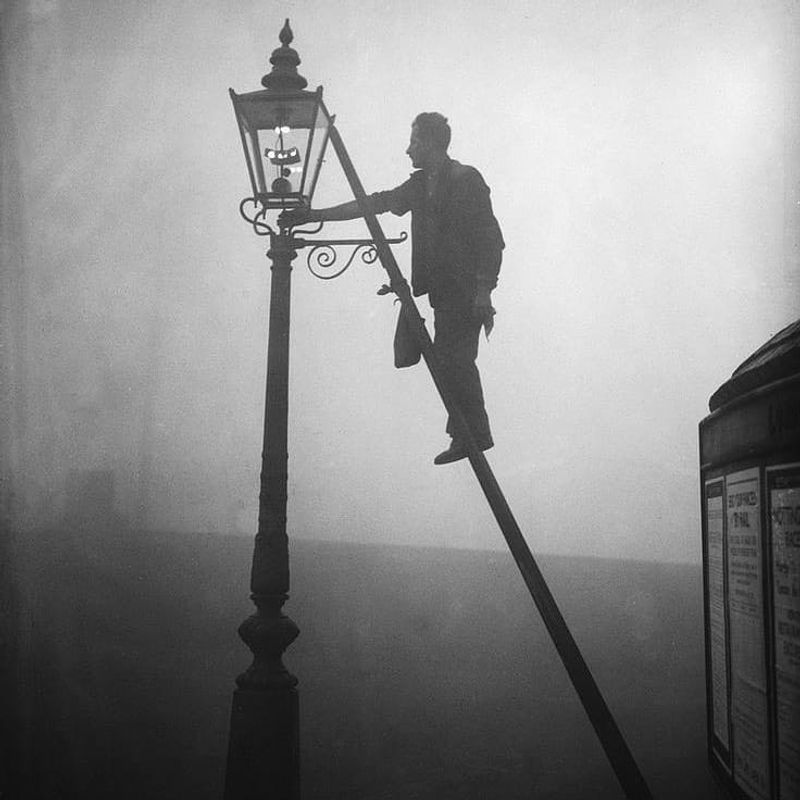
As evening shadows grew long, lamplighter assistants helped illuminate city streets before electric lighting. Armed with ladders and lighting poles, these youngsters followed adult lamplighters, learning the routes and eventually taking over sections themselves.
The job required careful handling of flames and timing dawn and dusk schedules. Kids had to memorize dozens of lamp locations and became known as neighborhood fixtures, greeting passersby while bringing light to darkening streets.
7. Caddy at Golf Courses
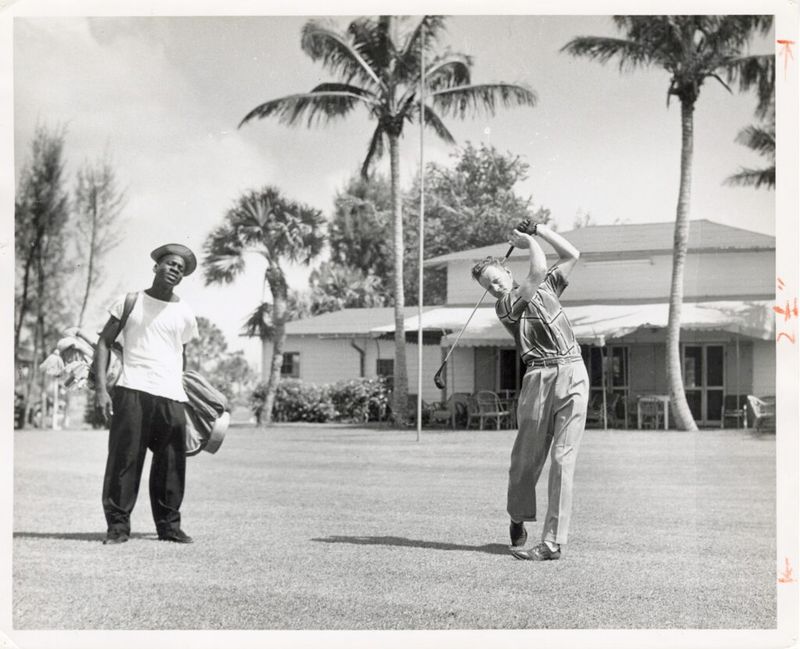
Golf caddies haven’t disappeared entirely, but the summer job once employed armies of local kids at every country club. These walking encyclopedias of golf knowledge carried heavy bags while dispensing course wisdom and club recommendations.
I spent three summers caddying at Pinehurst when I was fourteen. We learned to read greens, gauge distances, and master the art of flattery when wealthy businessmen sliced into the rough.
The best caddies earned legendary status and tips that could fund an entire school year.
8. Switchboard Operator
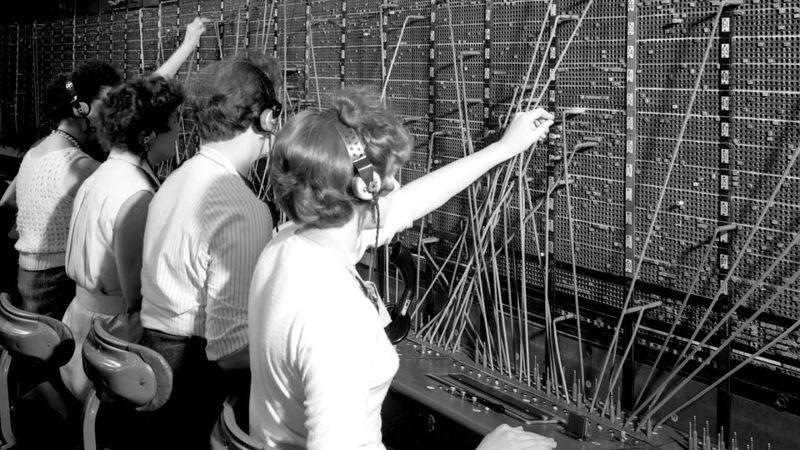
Teenage girls often manned summer positions at local telephone exchanges, connecting calls by plugging cords into the appropriate jacks. These human connection-makers quite literally networked entire communities together before automated systems.
The job required excellent memory, dexterity, and a pleasant telephone voice. Operators knew everyone’s business and learned discretion early.
During emergencies, they became crucial communication hubs, directing resources and connecting people when it mattered most.
9. Newsie (Newspaper Seller)
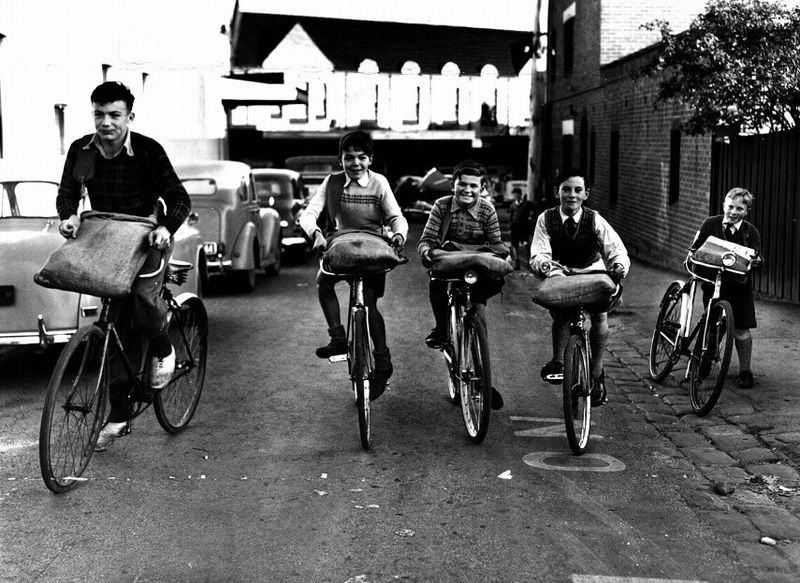
Rain or shine, newsies worked street corners hawking papers with attention-grabbing headlines. These entrepreneurial kids bought papers wholesale and kept the profits, developing sales techniques that would impress modern marketing executives.
The savviest newsies claimed the busiest intersections and developed regular customers. My grandfather started as a newsie at age nine and swore it taught him more about business than his later MBA.
Competition was fierce, with territory disputes sometimes erupting into the infamous “newsie wars” of urban legend.
10. Berry Picker
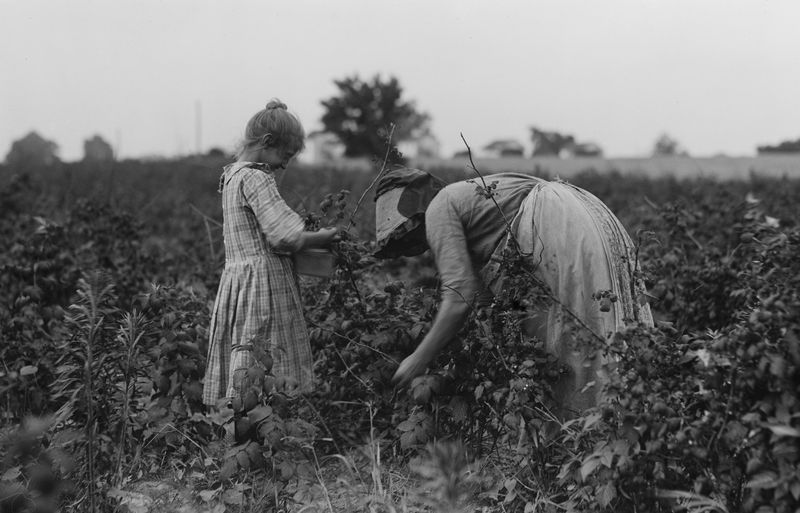
Summer fruit harvests relied heavily on nimble young fingers to gather strawberries, blueberries, and other delicate crops. Children earned by the basket, developing speed and careful handling techniques that minimized bruising.
Farm owners preferred younger pickers for their gentle touch and lower wages. Early mornings in the fields taught kids the agricultural rhythms that once defined American summers, with the sweetest berries secretly eaten on the job as an unofficial bonus.
11. Rag-and-Bone Collector
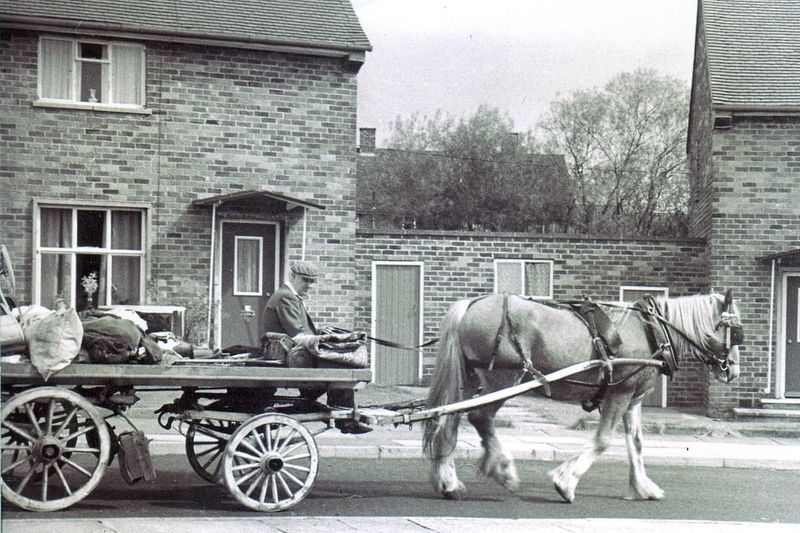
Resourceful kids collected discarded rags, bones, and scrap metal from households and streets to sell to junk dealers. This early recycling system turned trash into treasure while teaching the value of persistence.
Collectors used wagons or sacks to gather their finds, developing keen eyes for valuable discards. Some specialized in particular items like copper, which was prized, while others focused on collecting bottles for deposits.
The job required haggling skills and knowledge of current scrap prices.
12. Boardwalk Game Barker
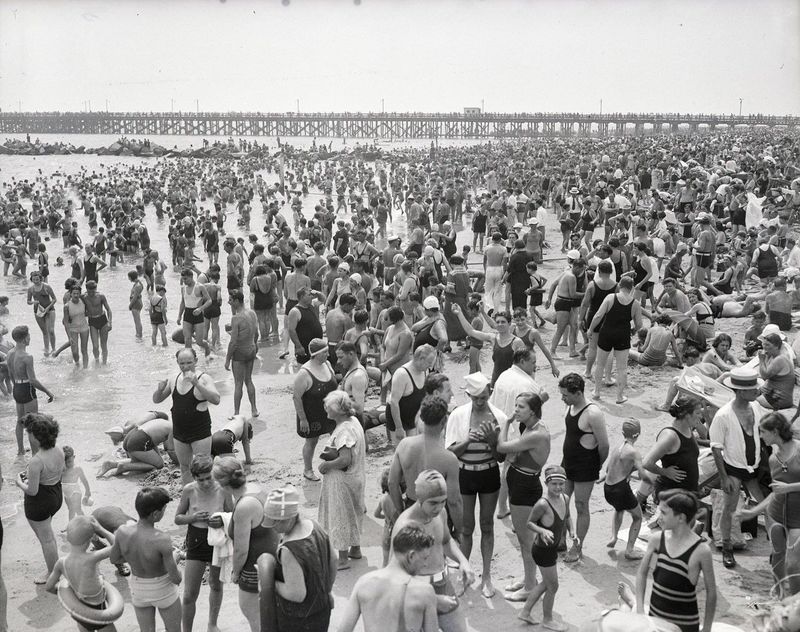
Seaside amusement areas employed teenagers to attract customers to carnival games through enthusiastic pitches and demonstrations. These young barkers learned the art of persuasion while managing simple games of chance and skill.
Masters of crowd psychology, successful barkers spotted likely players in passing crowds. The job taught public speaking, cash handling, and how to maintain enthusiasm through repetition.
Some developed signature catchphrases that became part of local beach culture.
